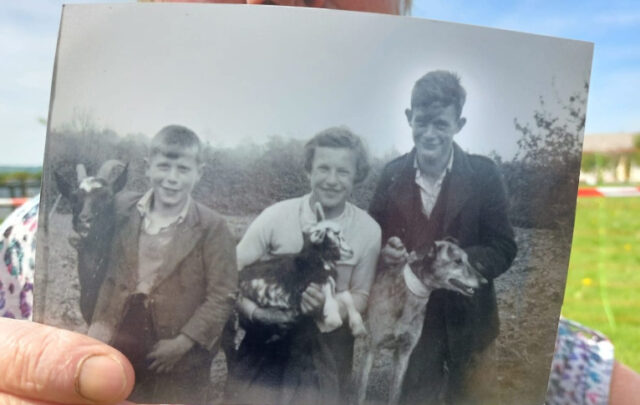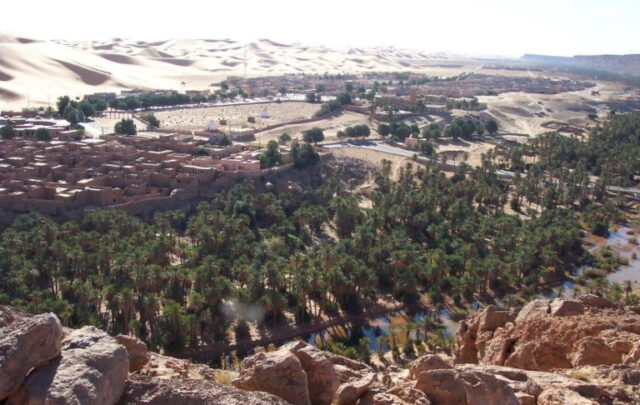The issue of ‘loss and damage’, which at long last mainstreamed at last year’s COP18, is vying for center stage in Warsaw as COP19 participants wrestle with the problems of effectively addressing and financing the irreparable impacts of climate change, those impacts already beyond the options of mitigation or adaptation.
The World Wildlife Fund pounced yesterday on the urgent need for an international mechanism to address this problem with the publication of Tackling The Climate Reality: A Framework For Establishing An International Mechanism To Address Loss And Damage At COP19.

Climate change loss and damage is resulting from insufficient mitigation efforts. If emissions continue to be pumped into the atmosphere at current levels, the long-held goal of keeping average global temperature rises to below 2°C will be exceeded. In fact, the world is currently on a pathway towards an altogether much warmer world; average global temperature rises of well over 4°C above pre-industrial levels by the end of this century are looking increasingly likely with a business-as-usual approach to mitigation.
Climate change loss and damage is also resulting from insufficient support for adaptation. In fact, increasing frequency and severity of extreme weather events are already providing ample evidence of how adaptation limits are being breached, overwhelming the ability of countries, people and ecosystems to cope with damage which, in turn, undermines people’s adaptive capacity and eats away at their resilience.
Announcing "a new era" of climate change, where rapidly rising sea waters, desertification, the acidification of the oceans and glacial melt overwhelm the world’s most vulnerable communities, the report implies a shift in focus to climate justice: poverty, lack of infrastructure and vulnerability of geographic locale cripple inadequately funded adaptation and mitigation policies and elevate the severity of the problems. The authors suggest an over reliance on flawed adaptation schemes will result in severe devastation to lives and livelihoods, ecosystems, and food and fisheries in many countries.
The proposed international mechanism would provide global oversight and coordination of actions related to loss and damage and "enhance cooperation, oversight and coordination of action and linkages with regional and global institutions." Operationally, the mechanism would be a part of the UNFCCC’s current loss and damage program while creating a new Standing Body on Loss and Damage, also under UNFCCC auspices.
•Knowledge development and exchange.
•Support for the implementation of a wide range of approaches identified to address loss and damage.
•Facilitate and catalyse the development of innovative financial measures, including measures for rehabilitation of damage, compensation for loss, and reparations for non-economic impacts.
ActionAid International Coordinator Harjeet Singh says developing nations must accept their "moral duty and legal obligation" to fast track support for the most climate vulnerable nations.
"We need to establish the international mechanism here in Warsaw to deal with the unprecedented challenges we are facing," he said. "The mechanism is not just about providing finance to recover from climate change impacts that cannot be adapted to. It is also about generating knowledge and finding new ways to deal with non-economic losses such as loss of biodiversity, indigenous knowledge, human mobility, cultural heritage, ancestral burial sites and so on."























